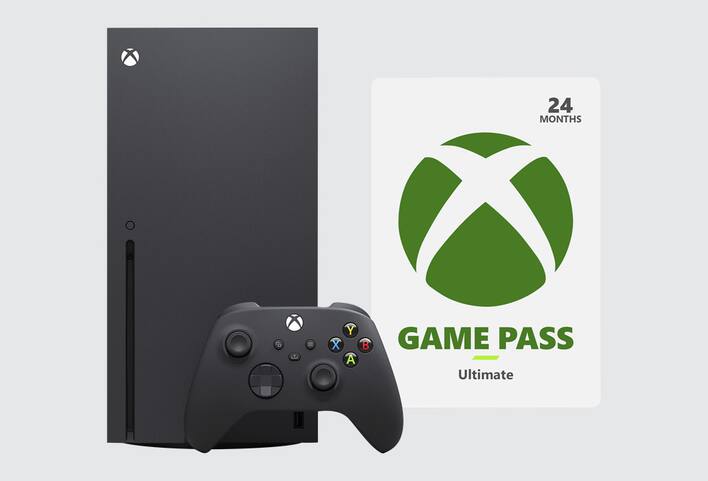CXBOS Insights
Your daily dose of news, insights, and information.
Level Up Your Life: How Video Games Make You Smarter
Discover how leveling up in video games boosts your brainpower and enhances real-life skills. Unlock your potential today!
The Brain Boost: How Gaming Enhances Cognitive Skills
In recent years, research has shed light on the positive effects of gaming on cognitive skills, challenging the long-held belief that video games are purely a source of entertainment. The brain boost derived from gaming can be attributed to various factors, including improved problem-solving abilities, enhanced memory, and increased multitasking skills. For instance, games that require players to strategize and think critically often lead to significant improvements in cognitive flexibility, allowing individuals to adapt to new situations and navigate complex challenges more effectively.
Moreover, gaming can serve as an engaging platform for cognitive training. Titles that focus on puzzle-solving or fast-paced action can sharpen attention and concentration levels. A meta-analysis found that individuals who regularly partake in strategic and simulation games experience heightened spatial awareness and better hand-eye coordination. In summary, embracing the potential of gaming not only provides entertainment but also contributes to substantial cognitive development, making it a valuable tool for boosting our mental faculties.

Level Up Your Learning: The Educational Benefits of Video Games
Video games have evolved far beyond simple entertainment; they now serve as powerful educational tools that enhance learning in diverse ways. These interactive experiences engage players by immersing them in rich narratives and complex problem-solving scenarios. By encouraging critical thinking and strategic planning, video games promote cognitive skills such as problem-solving, creativity, and resource management. For instance, games like Minecraft enable players to experiment with design and engineering principles, fostering a hands-on learning environment that traditional classrooms may lack.
Moreover, video games can significantly improve social skills and teamwork capabilities. Multiplayer games often require individuals to collaborate and communicate effectively to achieve common goals, teaching players essential interpersonal skills. Furthermore, games that incorporate historical or scientific elements can provide a unique context for learning, making subjects more relatable and engaging. As educators increasingly recognize these benefits, integrating video games into curricula could revolutionize the way we approach education, making learning more dynamic and participatory.
Can Video Games Really Make You Smarter?
The debate surrounding whether video games can truly enhance cognitive abilities has gained traction over the years. Numerous studies suggest that certain types of games, particularly those that challenge players to solve complex puzzles or strategize under pressure, may boost brain function. These games often require critical thinking, problem-solving skills, and quick decision-making, which can lead to improved mental agility. Furthermore, action games have been associated with enhanced visual attention and spatial awareness, as players need to navigate immersive environments filled with dynamic challenges.
However, it's essential to approach the claim that video games can make you smarter with a balanced view. While there are potential cognitive benefits, excessive gaming can lead to negative consequences, such as reduced physical activity and increased screen time. To reap the cognitive rewards of video gaming, moderation is key. Incorporating educational games alongside leisure activities can create a well-rounded gaming experience that stimulates the brain while promoting overall well-being.